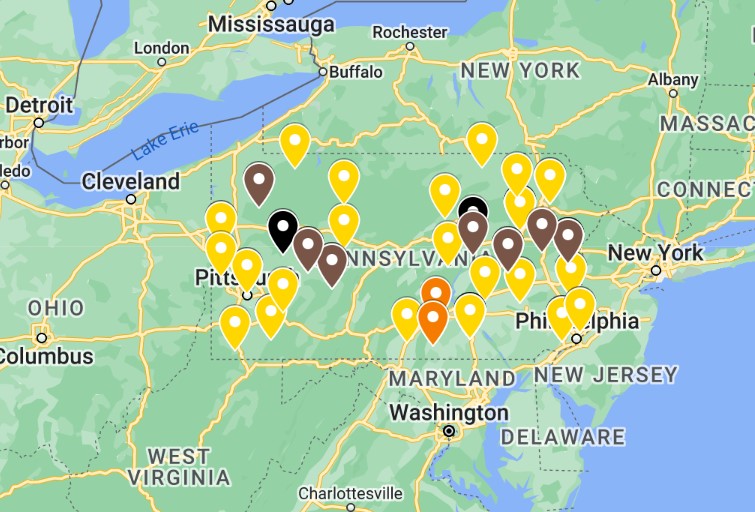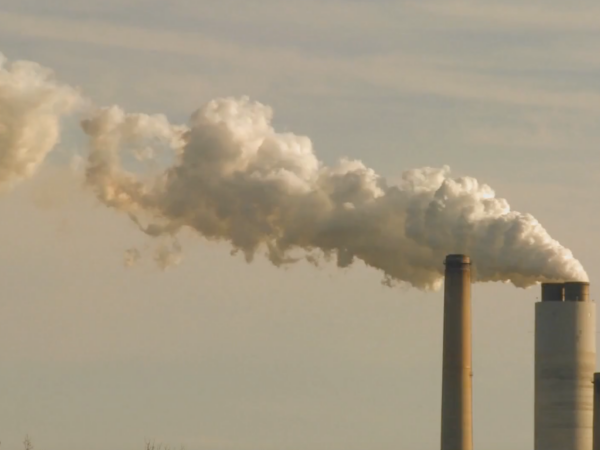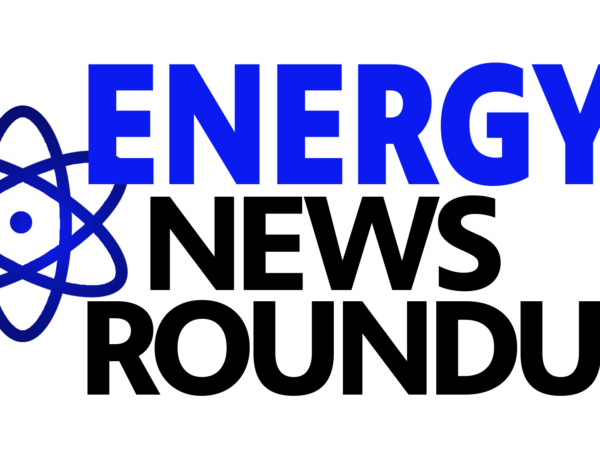
HARRISBURG, Pa. (AP) — The administration of Democratic Gov. Tom Wolf asked the state’s high court Monday to weigh in on a legal battle over Pennsylvania’s plan to charge power plants for their emissions of planet-warming carbon dioxide.
The Pennsylvania Department of Environmental Protection appealed lower court rulings that temporarily block the Wolf administration from implementing its carbon pricing policy, under which power plants fueled by coal, oil and natural gas are required to buy a credit for every ton of carbon dioxide they emit.
The Wolf administration estimates that the initiative — the centerpiece of Wolf’s plan to fight global warming — will reduce Pennsylvania’s carbon dioxide emissions by up to 225 million tons through 2030. Power plant operators say the regulation will dramatically raise their costs and consumers’ electricity bills.
Fossil-fuel interests and Republican leaders of the state Senate have been waging a legal battle against Pennsylvania’s entry into the Regional Greenhouse Gas Initiative, a multistate consortium that sets a price and declining limits on carbon dioxide emissions from power plants run by coal, oil and natural gas.
On Friday, Commonwealth Court granted a preliminary injunction that prohibits the state from “implementing, administering, or enforcing” the new regulation while a lawsuit by power plants, labor unions and coal mine owners is ongoing. The lower court granted a second injunction to GOP lawmakers in a related case.
The Wolf administration asked the state Supreme Court to set aside both injunctions, saying the lower court erred in its concluding plaintiffs had “raised a substantial legal question” about whether the carbon-pricing program imposes an unlawful tax.
Under the cap-and-trade program, roughly four dozen power plants in Pennsylvania must buy hundreds of millions of dollars in credits annually that the state could then spend on clean-energy or energy-efficiency programs. That gives fossil fuel plants an incentive to lower their emissions, and makes non-emitting plants — such as nuclear plants, wind turbines and solar installations — more cost competitive in power markets.
Catch more news on Great Lakes Now:
EXCLUSIVE: Ontario Regulator Refuses New Pipeline, Tells Enbridge to Plan for Lower Gas Demand
Line 5 shutdown would increase gas prices by half a cent
Featured image: Map of Pennsylvania power plants impacted by the carbon-pricing case.




